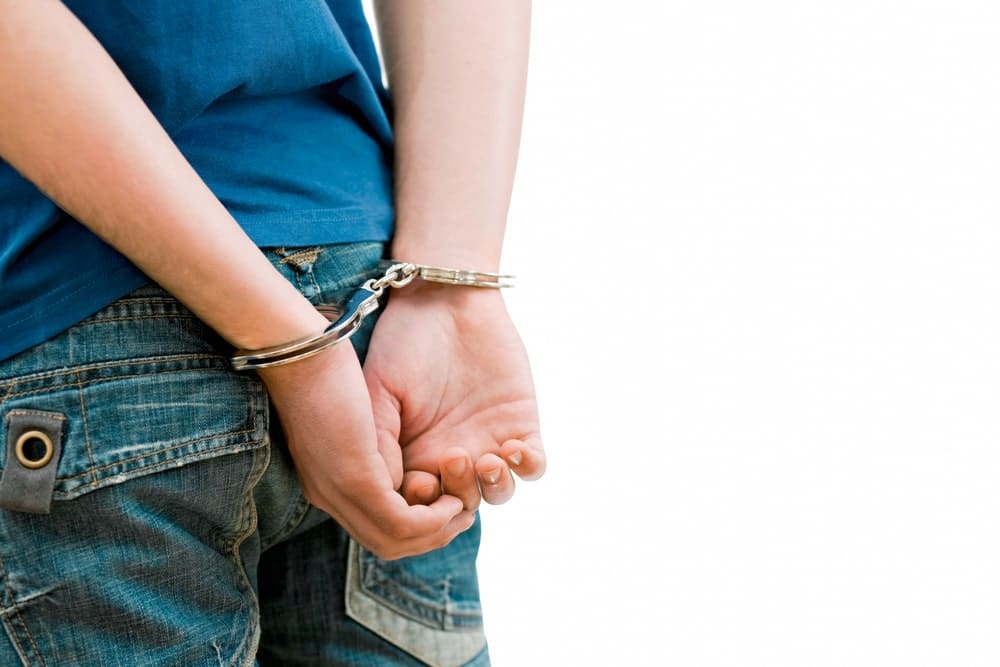In the State of Maine, minors (those under the age of 18) can be charged with just about all the same crimes as adults.
The key difference, however, is that offenses perpetrated by minors are handled by an entirely separate court system, a system referred to as “juvenile court.”
Juvenile courts have numerous features which distinguish them from traditional adult courts; they have their own rules, procedures, and so forth. Certain crimes, such as murder, can lead a minor to be prosecuted as an adult, instead of within the juvenile court system.
We will elaborate on this a bit later. In the majority of cases, however, juvenile crimes are handled by the juvenile court system.
Call 207-571-8146 or contact us online to schedule a consult with one of our highly skilled criminal defense & OUI lawyers, serving Southern Maine, today.
Table of Contents
Juvenile OUI and Other Juvenile Offenses
In this post, we will provide an overview of the crime of operating under the influence (OUI) for juveniles.
We will also cover other juvenile offenses, and provide a general introduction to the juvenile court system and the bond system in Maine. We will provide a brief overview of the possible penalties for juvenile offenses; in the future, we may come back and provide more detailed descriptions of other juvenile offenses and their corresponding punishments in Maine.
If you’re a parent of a minor who has been charged with OUI, or another juvenile crime, the key thing is to not panic. Allegations of juvenile crime are serious, of course, but panicking will never help you deal with the situation properly. In this situation, you need effective legal counsel to assist as you attempt to defend against the allegations and defeat the charges.
Or, in the alternative, you need legal counsel to help mitigate the consequences of a successful charge against your son or daughter. Just like adults, minors can be represented by an attorney in the court system.
To learn more, contact the Maine Criminal Defense Group today by calling 207-571-8146.
Call 207-571-8146 or contact us online to schedule a consult with one of our highly skilled criminal defense & OUI lawyers, serving Southern Maine, today.
An Overview of the Juvenile Court System
As mentioned, the juvenile court system in Maine is very much distinct from the adult court system. The juvenile system has its own procedures, rules and guidelines. Typically, the first thing which occurs is the filing of a complaint by a police officer. Subsequently, the complaint is handled by a special law enforcement officer known as a Juvenile Community Corrections Officer, or JCCO.
One of the many functions of the JCCO is essentially to review the allegations and determine whether formal charges against the juvenile are warranted.
In other word, JCCOs try to separate out allegations worthy of prosecution, vs. those that can be “informally disposed” of by the JCCO him/herself. In more serious cases, the DA will formally file charges against the juvenile.
The juvenile court system is unique in the sense that the overriding goal of the system is rehabilitation rather than punishment per se. Because minors are considered to be “still developing,” the juvenile system is designed to provide rehabilitation in the hope that minors can be reformed.
The goal is to reform minors into healthy adults, and so outright punishment would be counterproductive. This is very much unlike the adult criminal court system, which places punishment as one of the primary goals.
Another unique feature of the juvenile court system is the emphasis on privacy. Compared with the adult system, the juvenile court system has much greater privacy. The main reason for this is because the juvenile court system believes that excessive attention would be counterproductive to the goal of rehabilitation.
During a hearing in juvenile court, only the prosecutor, judge, parents, defense attorneys, and the juvenile defendant are allowed inside the courtroom. This is true even if the case goes to trial. Again, this is very different from adult criminal court.
Many high-profile cases in adult criminal court attract large numbers of onlookers. This was the case in the famous trial against O.J. Simpson, for instance, and also with plenty of other high visibility cases. However, in juvenile cases, all trials that take place take place before a single juvenile judge. There are no jury trials in the Maine juvenile system.
The terminology used in the juvenile court system is also quite different from the terminology of the adult criminal court system.
Call 207-571-8146 or contact us online to schedule a consult with one of our highly skilled criminal defense & OUI lawyers, serving Southern Maine, today.
The Juvenile Bond System in Maine
The juvenile court system also differs from the adult criminal court system in terms of the means to avoid jail prior to trial. In the adult criminal court system, a person who has been arrested can only avoid jail if he or she is released by the court (on his or her “own recognizance”) or if that person satisfies the bond requirements.
If the adult cannot bond out, and cannot be released on his or her own recognizance, then that person must remain in jail. The juvenile system doesn’t work in this manner. In the juvenile court system, there is a presumption that the minor who has been arrested should be released under the authority of his or her parents. However, in rare cases, the juvenile court may determine that the minor should actually remain at the juvenile detention facility until the underlying matter can be fully adjudicated.
This course of action is only taken when there are strong, overriding factors that warrant it; for instance, if a minor commits a very violent crime, then releasing the minor into the custody of his or her parents may be denied. In cases involving underage OUI, release under parental custody will be the usual procedure.
Juvenile OUI: Maine’s Zero Tolerance Law
Maine law approaches the issue of underage drinking and driving very seriously; this is reflected in its “zero-tolerance” position. If a minor is caught driving with any measurable quantity of alcohol in his or her blood, this will automatically lead to a punishable offense.
The minimum punishment for a zero-tolerance offense is license suspension for 12 months. The punishment can be more severe depending on the circumstances.
If the underage driver refused to grant a breath or blood alcohol content (BAC) sample, then the suspension can be increased to 18 months. If the underage driver had a passenger who was under the age of 21 at the time of the offense, then this exacerbating factor can add an extra 180 days to the suspension.
A zero tolerance offense results whenever an underage motorist has amount of alcohol in his or her blood. Hence, an underage motorist could produce a BAC reading of 0.01 and this would count as an offense. This type of offense, however, is distinguished from underage OUI: currently, underage OUI occurs whenever an underage motorist produces a BAC of 0.08 or higher, or is impaired to the slightest degree by the drugs or alcohol consumed.
At a BAC level of 0.08, the driver is considered “legally drunk.” Underage OUI is a misdemeanor criminal offense, and will therefore carry harsher punishments. Furthermore, an underage OUI conviction will automatically lead to a license suspension for 1 year.
The Impact of a Juvenile OUI
One important thing which readers should know is that an underage OUI conviction can affect a person for years down the line. This is because under OUI convictions are not automatically removed from a person’s record once they turn 18.
These convictions can linger and end up impacting a person’s college prospects, job prospects, car insurance terms, and so forth.
Call 207-571-8146 or contact us online to schedule a consult with one of our highly skilled criminal defense & OUI lawyers, serving Southern Maine, today.
Other Juvenile Offenses
Minors can commit all the crimes which can be committed by adults. However, when minors commit certain crimes, minors can end up in the adult criminal court system. This happens when the nature of the crime is such that adjudication under the adult criminal court system is viewed as warranted. For example, if a minor commits a murder, that minor may be tried under the adult criminal court system.
The exact circumstances of each case will determine how the crime is handled. The juvenile court system is therefore more likely to adjudicate certain crimes than others.
Some of the most common offenses which are adjudicated in juvenile court are trespassing, vandalism, underage drinking, underage OUI, assault, possession of alcohol, possession of illicit drugs, and theft.
Penalties for Juvenile Offenses
The possible punishments for juvenile offenses depend on basically the same variables as adult offenses: the exact nature of the crime, including all exacerbating factors, and the number of prior convictions.
The more serious the crime, and the more prior convictions of the offender, the more serious the possible punishment. However, as we’ve stated earlier, the primary, overriding goal of the juvenile court system is to rehabilitate the offender, and this overriding goal informs how punishment is determined.
In practical terms, this usually means that juvenile offenders will be punished in ways which don’t involve jail time. But, of course, this ultimately depends on the specifics of the case. A few of the common punishments given to juvenile offenders are probation, community service, counseling for alcohol abuse, counseling for drug abuse, and additional school attendance.
The Basics of Clearing a Juvenile Criminal Record
For adults, a criminal conviction shows up in a person’s public record. In other words, whenever a crime is committed by an adult, members of the general public are able to search and view that the offense was committed. This is true regardless of the nature of the offense, no matter how serious or however minor it may be.
This means that a crime can have a very significant impact on an adult’s life and career, even long after a crime occurs. For juveniles, the recordkeeping system operates a bit differently.
As a general matter, when a juvenile commits a crime, that crime will be private, and therefore not viewable by the public. This is a big point of difference between the two systems.
One exception, however, is found with felony crimes. When a juvenile commits a felony, that crime will be viewable by the public. However, even with juvenile felony crimes, there is still the possibility that a person’s records can be made private in the future. A person can approach the court and make a formal request to convert a publicly viewable crime into a private one.
The person must satisfy the following three requirements:
- they need to wait at least 3 years after the conviction,
- they cannot have had any other criminal convictions during the period after the felony conviction, and
- they cannot have any pending criminal cases against them.
If a person fulfills these three requirements, then that person may be able to convert a public crime into a private one. This can have substantial implications for a person’s life. However, readers should know that the decision to privatize a crime ultimately rests with the court, and the court has discretion in this area.
Even if a person satisfies these three requirements, the court can still deny the request. If the request is granted, this means that no member of the public can search and view that particular crime.
Law enforcement professionals, however, will still have access to these records and be able to view the crime.
Contact the Maine Criminal Defense Group for More Information
The charge of underage OUI is a serious matter; the same is true for a zero-tolerance offense. If a minor faces this allegation, he or she should seek out a qualified criminal defense attorney immediately.
As we’ve seen, both the short-term and long-term consequences of an underage OUI conviction can be very severe. In addition to jail time, underage OUI can lead to license suspension, higher insurance rates, and so forth. Down the line, a conviction can also negatively impact a person’s college prospects and professional aspirations.
Simply put, an underage OUI conviction is a serious matter, which all people should seek to avoid.
If you’ve been charged with this offense, or any of these other juvenile offenses, contact the Maine Criminal Defense Group today for assistance. Give us a call at to speak to one of our criminal defense attorneys and learn more.
Call 207-571-8146 or contact us online to schedule a consult with one of our highly skilled criminal defense & OUI lawyers, serving Southern Maine, today.
Blog Posts

January 11th, 2025, in Skowhegan, Maine, a Maine Department of Transportation plow truck sustained a head-on collision caused by a drunk driver on Route 2, as reported by law enforcement.[...]
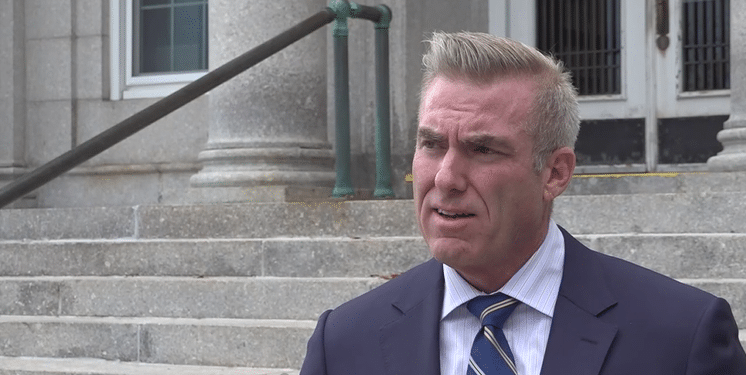
The tragic events of a fatal car crash in 2023 that claimed the lives of four young people have finally reached a pivotal legal outcome. Noelle Tavares, a former Maine[...]

In most states, there are many different places that the average person can take a driving course to satisfy court requirements as related to an DUI conviction. However, in the[...]
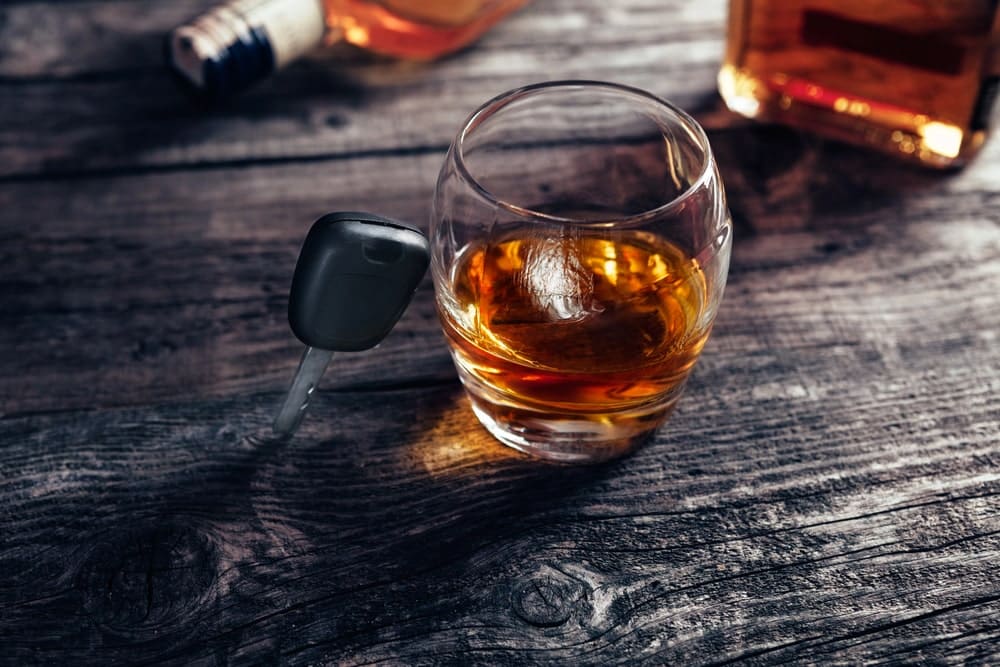
Defending against OUI offenses in Southern Maine Anyone charged with a 2nd OUI in Maine should expect little leniency from the criminal justice system. This makes it even more important[...]
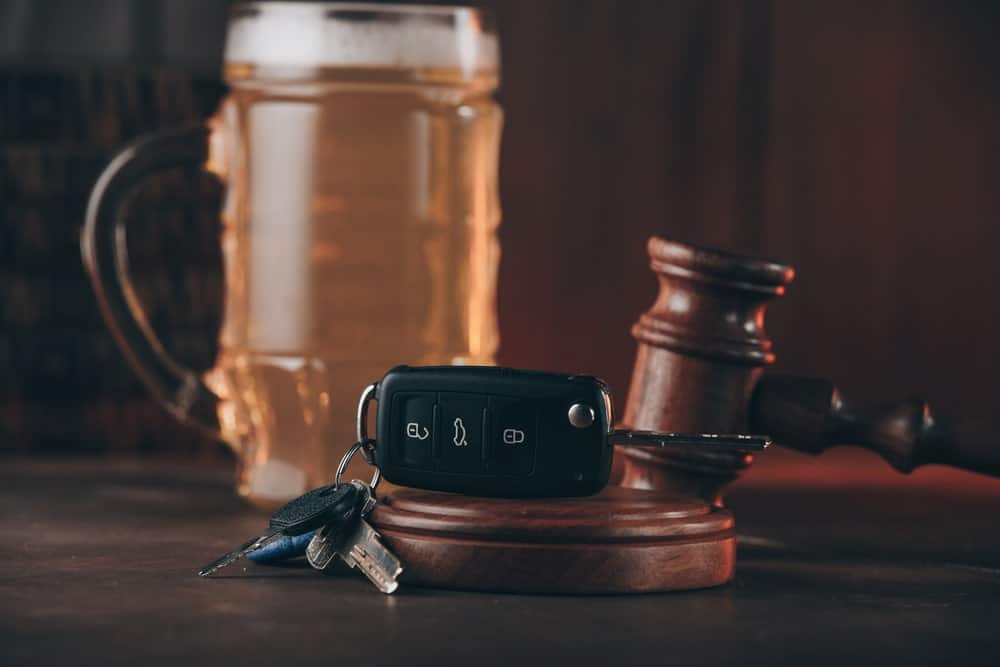
Defending against OUI Refusals in Southern Maine Did you know that it is a criminal offense to refuse to submit to a chemical test if lawfully requested to do so[...]
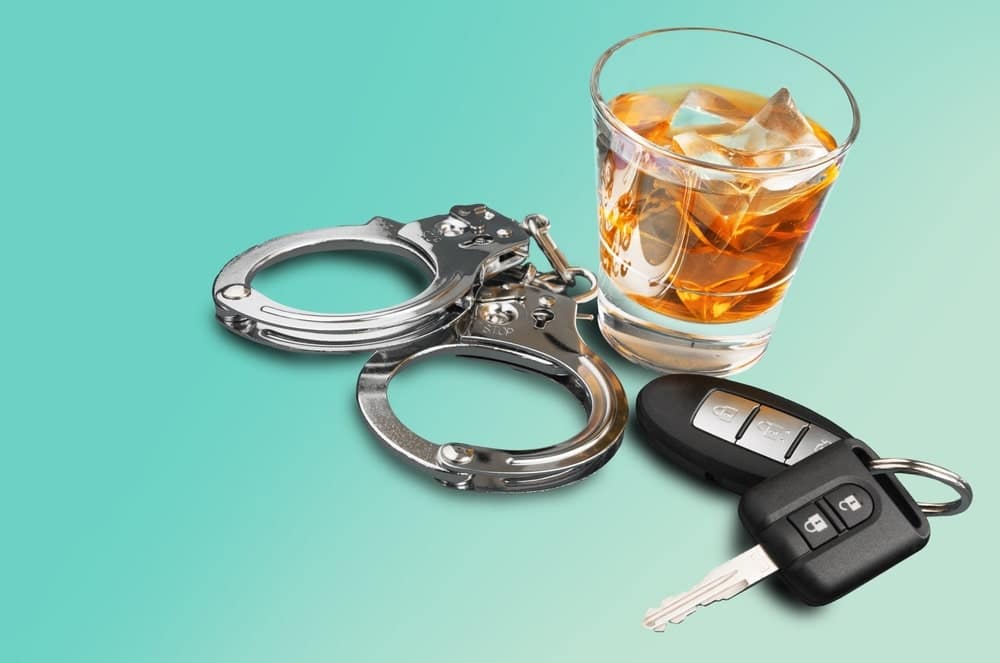
Reducing an OUI charge in Maine OUI charges are handled severely in Maine. For many people, a drunk-driving charge is their first time dealing with the criminal justice system and,[...]

Alcohol laws of Maine While you should be aware of the strict OUI laws in Maine, it’s also important to know about other ways you can face a traffic infraction[...]
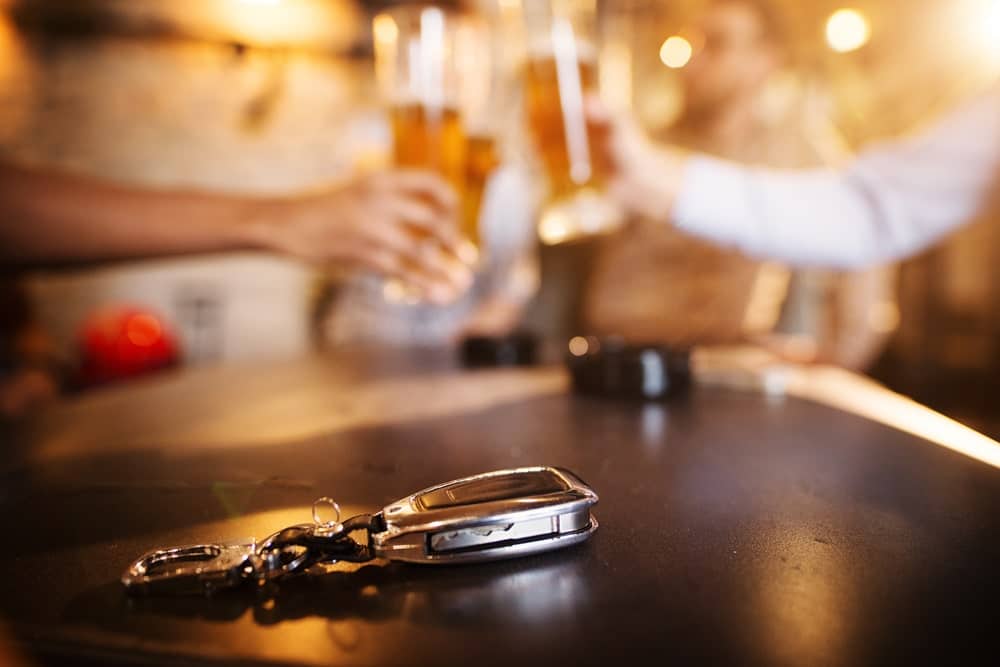
Defending against OUI offenses in Southern Maine A first OUI in Maine can potentially have long-term consequences, but with the right legal representation, alleged offenders can escape the harshest penalties.[...]
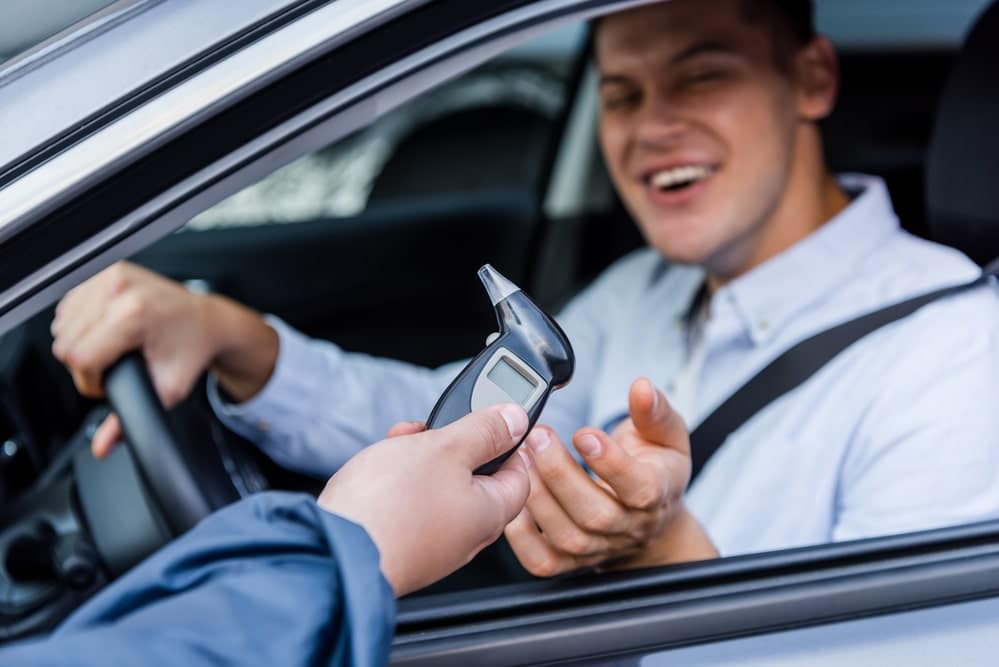
If you blow under .08 in a DUI breath test in Maine, it may be jumping the gun to breathe a huge sigh of relief. You may not be “free[...]
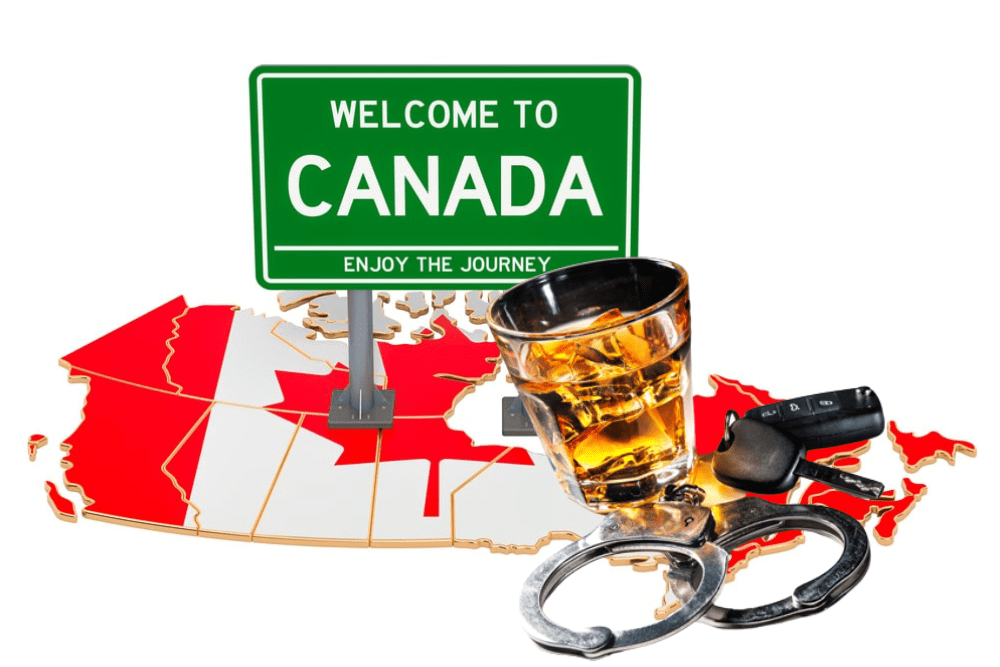
Last Updated: February 18, 2025 Between 11 and 15 million Americans visit Canada each year but you’re unlikely to contribute to those numbers in the future if you have an[...]
